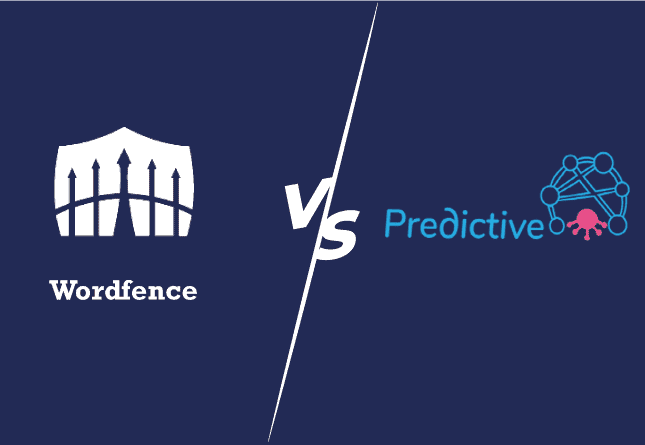
IoT Security Best Practices: A Guide for Individuals and Businesses

The Internet of Things (IoT) has the potential to transform our lives and businesses in countless ways, connecting an ever-increasing number of devices to the internet and enabling them to communicate with each other and with us. However, as the number of IoT devices grows, so too do the security risks. Hackers can potentially access and exploit these devices to gain access to sensitive data, disrupt systems, and cause harm. So what can individuals and businesses do to keep their IoT devices and data secure? Here are some best practices for IoT security:
Choose strong passwords
One of the most basic, but effective, security measures is to choose strong passwords for your IoT devices. Avoid using simple or easily guessable passwords, and consider using a password manager to generate and store unique and secure passwords for each of your devices.
Keep your devices and software up to date
Manufacturers often release updates for their IoT devices to fix security vulnerabilities and improve functionality. It's important to keep your devices and software up to date to ensure that you have the latest security protections.
Secure your Wi-Fi network
Your Wi-Fi network is a potential point of entry for hackers, so it's important to secure it with a strong password and consider using encryption technologies like WPA2.
Use a firewall
A firewall can help to protect your network by blocking unauthorized incoming traffic and only allowing authorized outgoing traffic.
Use a virtual private network (VPN)
A VPN encrypts your internet connection and can help to protect your data from hackers when you are using public Wi-Fi networks.
Know what data your devices are collecting: Be aware of what data your IoT devices are collecting and how it is being used. Consider limiting the amount of personal information you share with your devices and regularly review the privacy settings on your devices to ensure that your data is being used in a way you are comfortable with.
Choose the right solution to protect your network (Home/Office):
Why choose OSS?

By following these best practices, individuals and businesses can help to keep their IoT devices and data secure and protect themselves from potential attacks. However, as the threat landscape evolves, it’s important to stay vigilant and keep abreast of new security threats and best practices
Related Posts


